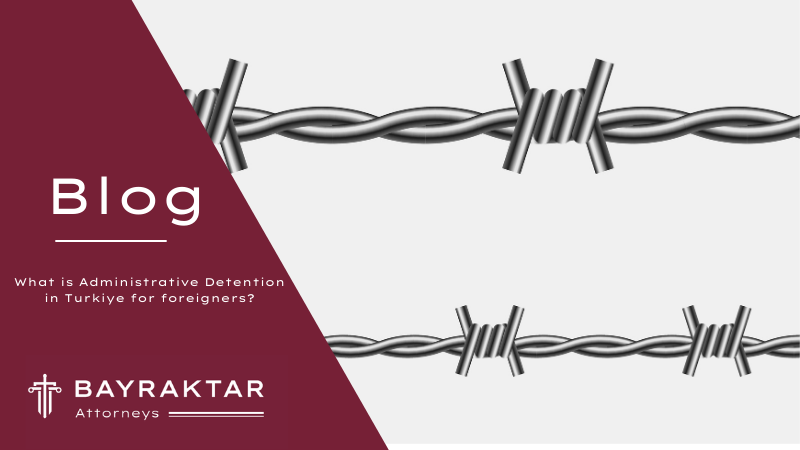
In the intricate fabric of family law, the rights and responsibilities concerning children born out of wedlock can often become a complex issue, not least in Turkey. For those facing such a situation, it’s not uncommon to find fathers who refuse to acknowledge these children, leaving the child and the mother in a precarious legal and social position. The phrase “evlilik dışı çocuğu baba kabul etmezse,” which translates to “if a father refuses to acknowledge a child born out of wedlock,” encapsulates a dilemma that can deeply affect a child’s future. This blog post aims to provide guidance on the steps to take in such situations according to the Turkish legal system.
Step 1: Attempt Mediation and Acknowledgement
Initially, efforts should be focused on attempting to reach an amicable agreement with the father to acknowledge the child voluntarily. This can be pursued through personal mediation, where families or an intermediary try to resolve the disparity. If these attempts fail to yield results, legal recourse becomes the necessary path.
Step 2: Filing a Paternity Suit
Should mediation falter, the next move for a mother seeking acknowledgment for her child is to file a paternity suit (‘baba tanıma davası’) in a Turkish family court. Turkish law grants the right to pursue such a claim, which will require legal representation and possibly a DNA test to establish paternity conclusively. Evidence, including any communication between parents, medical records, or witness testimonies, can be essential in building a case for the court to acknowledge paternity.
Step 3: Understanding the Legal Implications for the Father
If the court determines that the individual in question is indeed the father, Turkish law obligates him to assume the duties and responsibilities associated with fatherhood — this involves both caring for the child’s well-being and providing financial support. Refusal to comply with these responsibilities can result in legal penalties, including compulsory enforcement measures to ensure child support payments.
Step 4: The Role of Legal Representation
Navigating such legal channels is intricate, warranting expert advice and representation. This is where a law firm proficient in Turkish family law, like Bayraktar Attorneys, comes into the picture. Our team provides comprehensive support, from filing the suit and representing clients in court to facilitating the legal processes that follow a successful paternity acknowledgment. We aim to simplify and demystify what can undoubtedly be an intense and emotional legal journey for mothers and children alike.
It’s important to remember that every child deserves recognition and support from both parents, regardless of the nature of their birth. As specialists in the Turkish legal system, our commitment at Bayraktar Attorneys is to uphold the rights of every child and ensure they receive the acknowledgment and care they legally and morally deserve. If you are dealing with a case of “evlilik dışı çocuğu baba kabul etmezse,” do not hesitate to seek legal support to secure your child’s future.
Moreover, you can always contact us through our family law services for better case handling.







